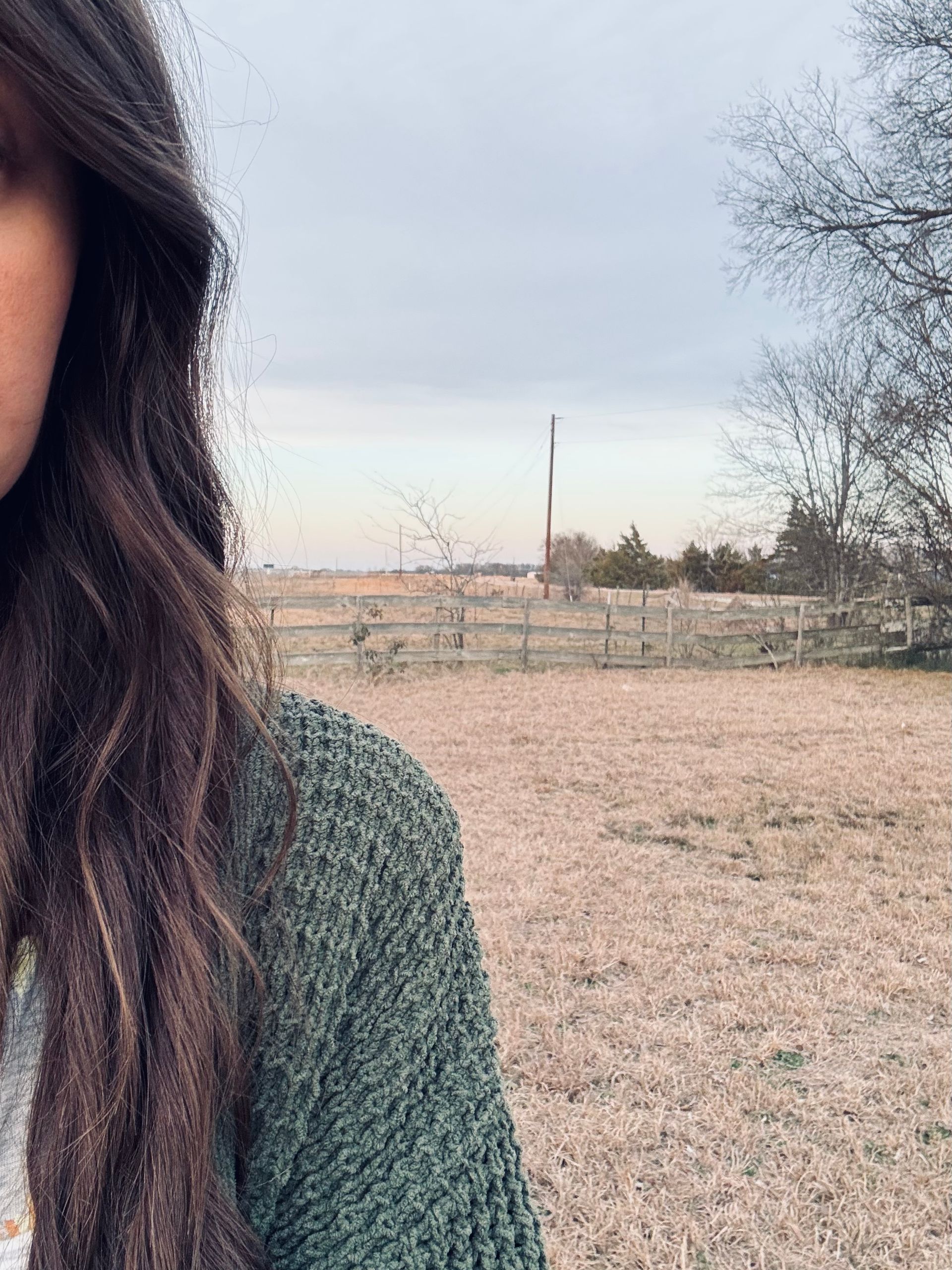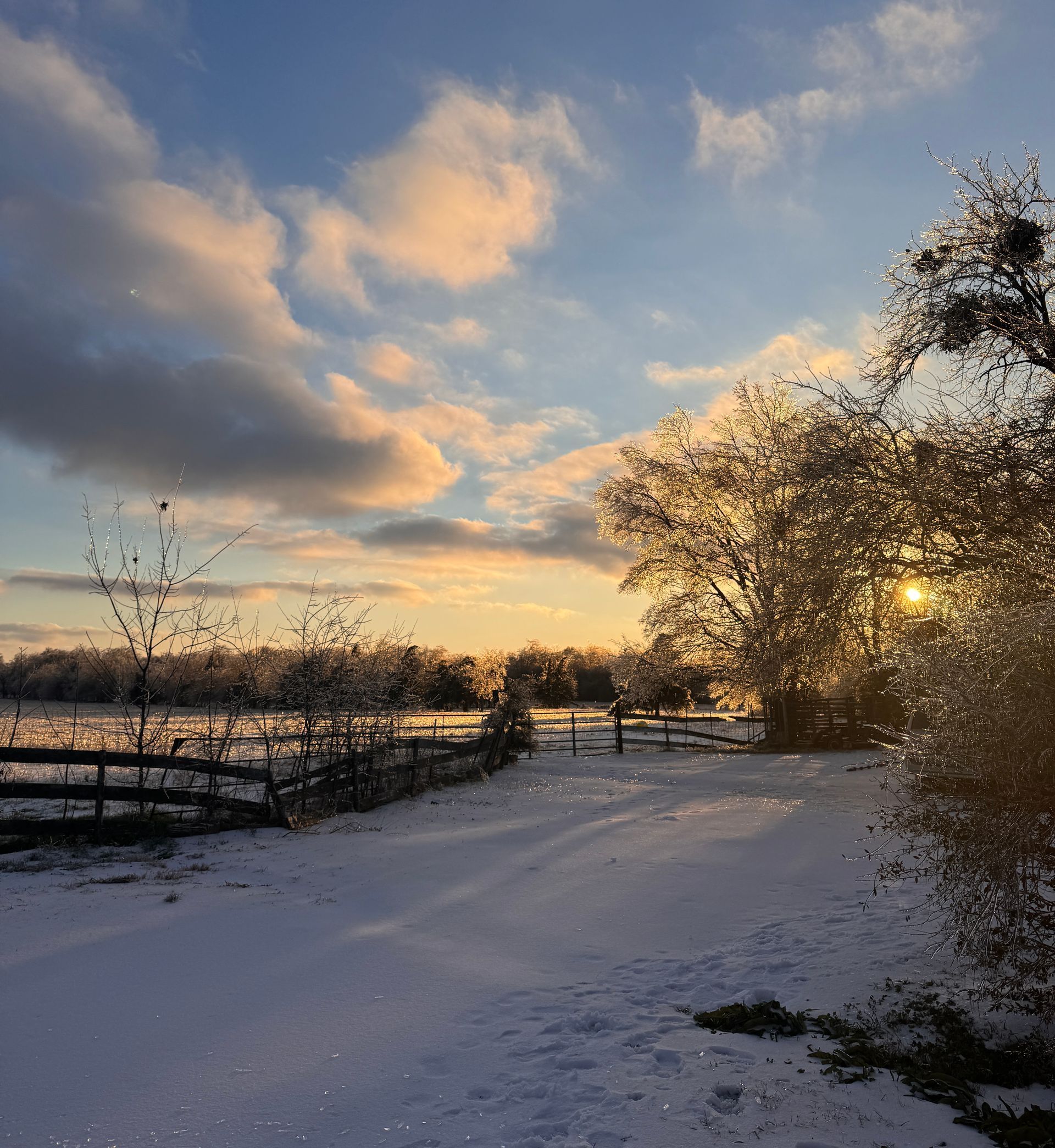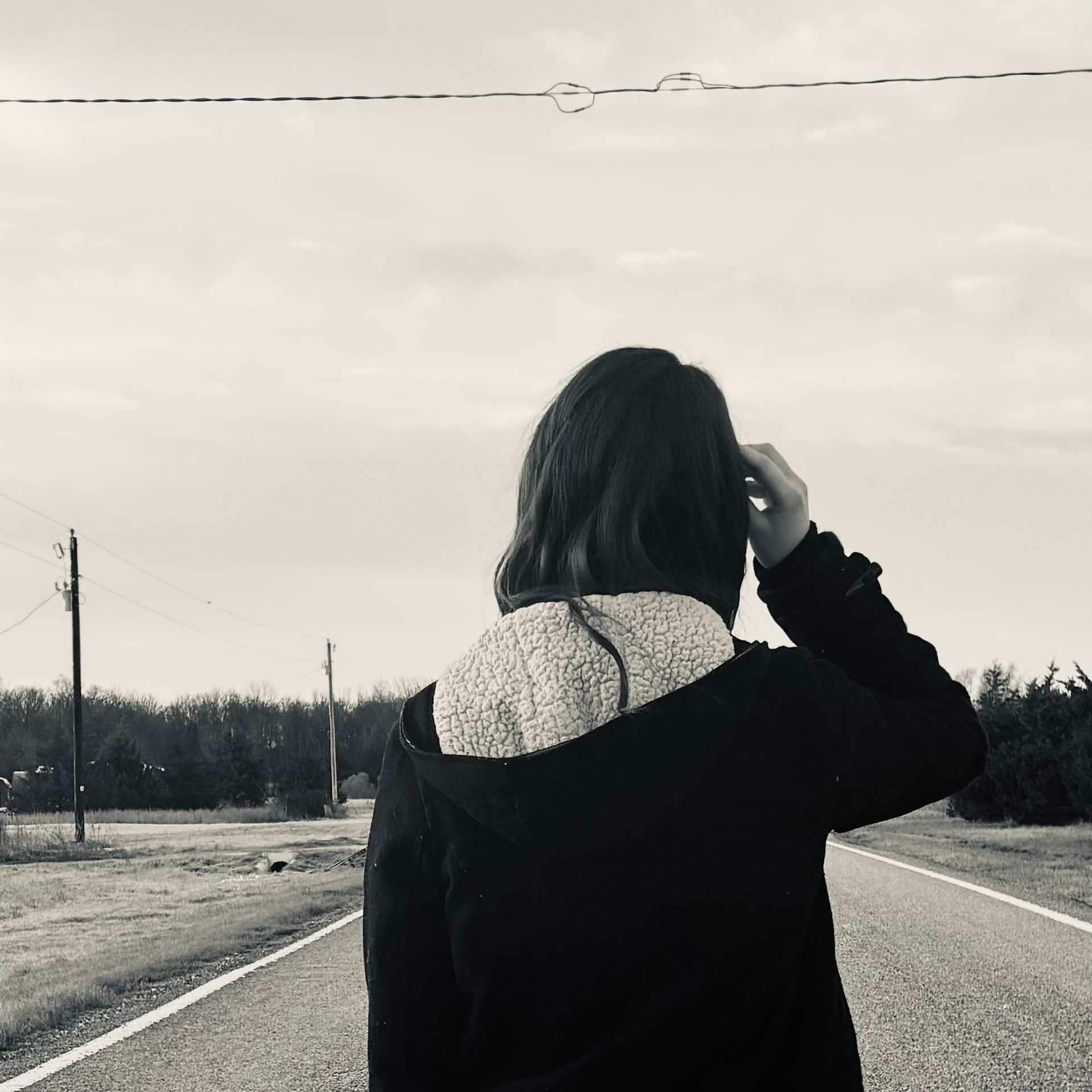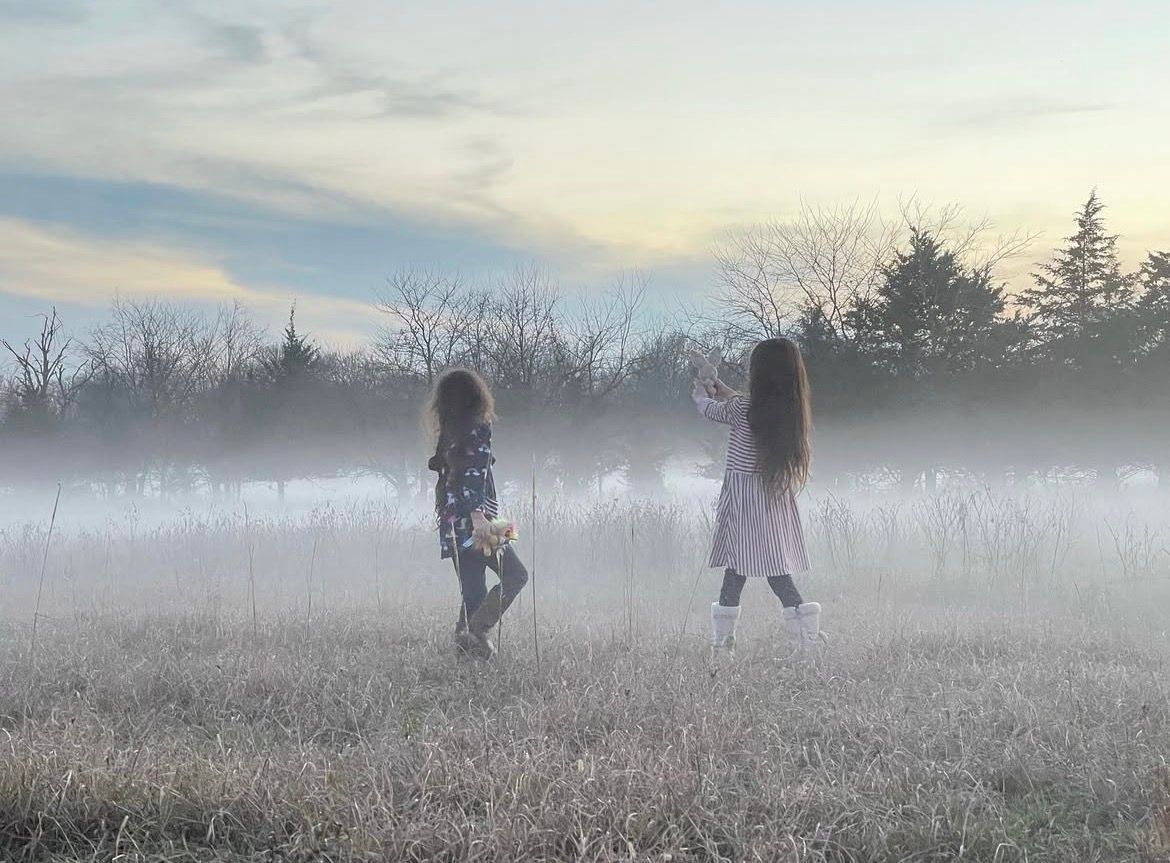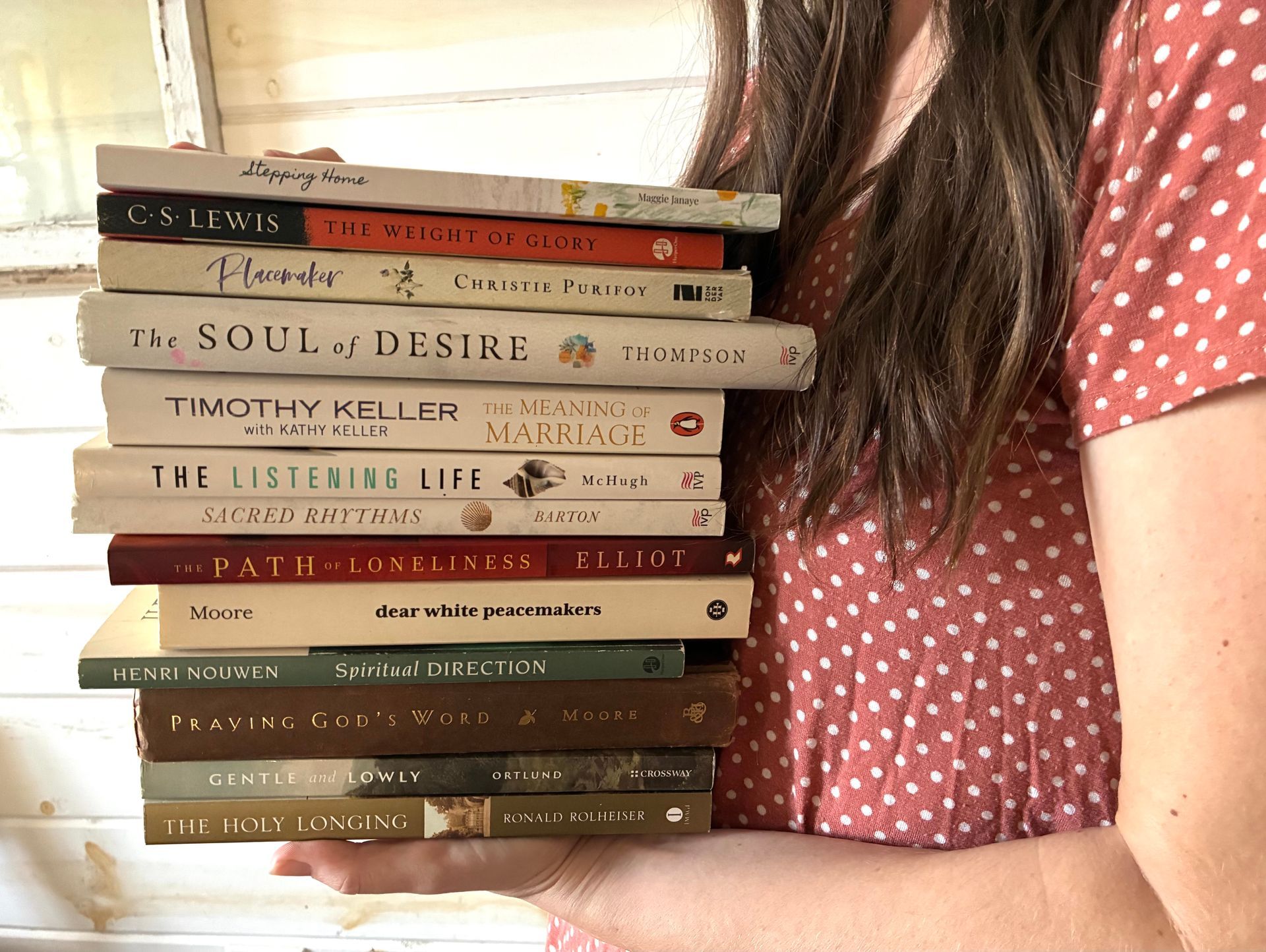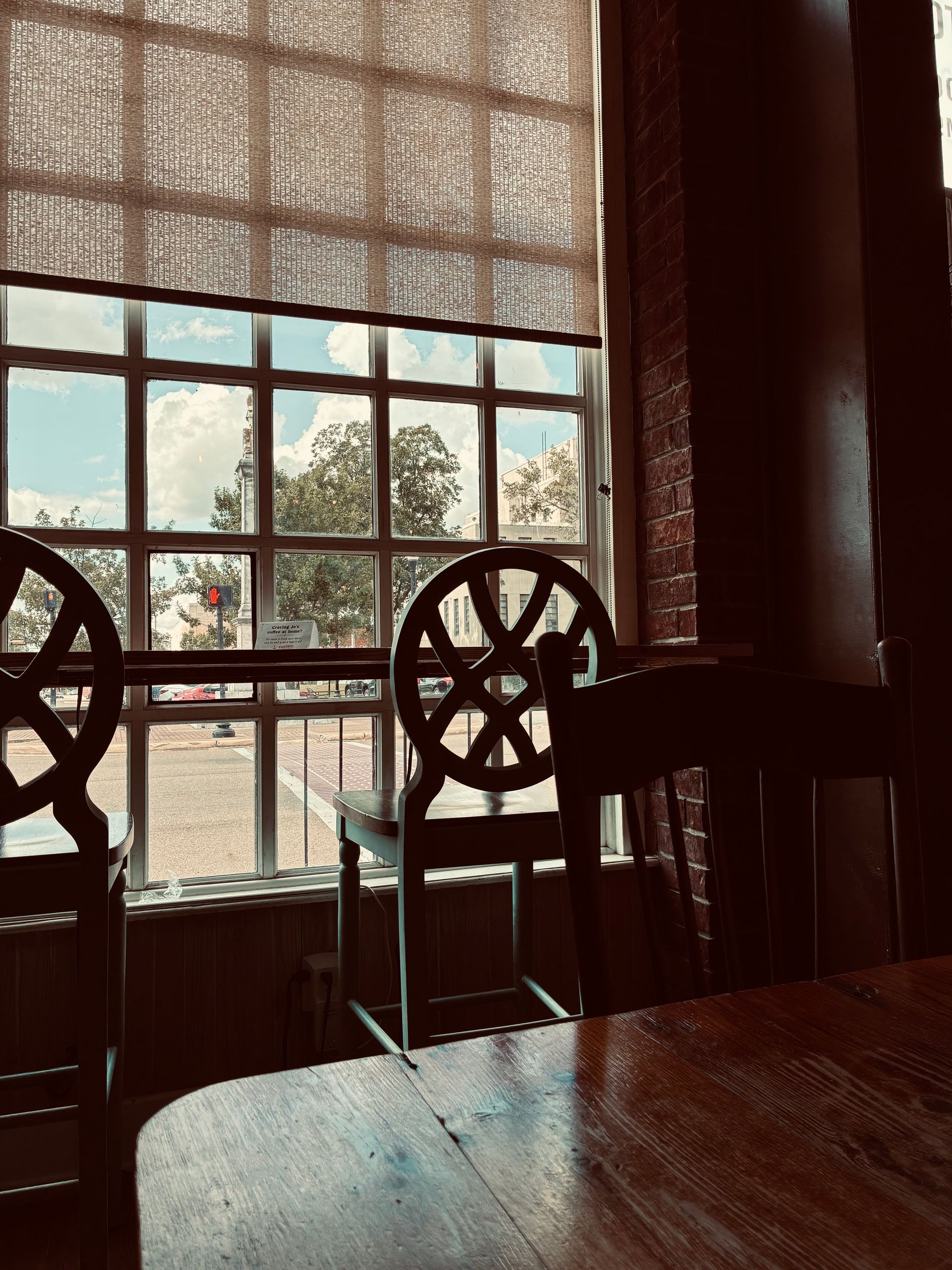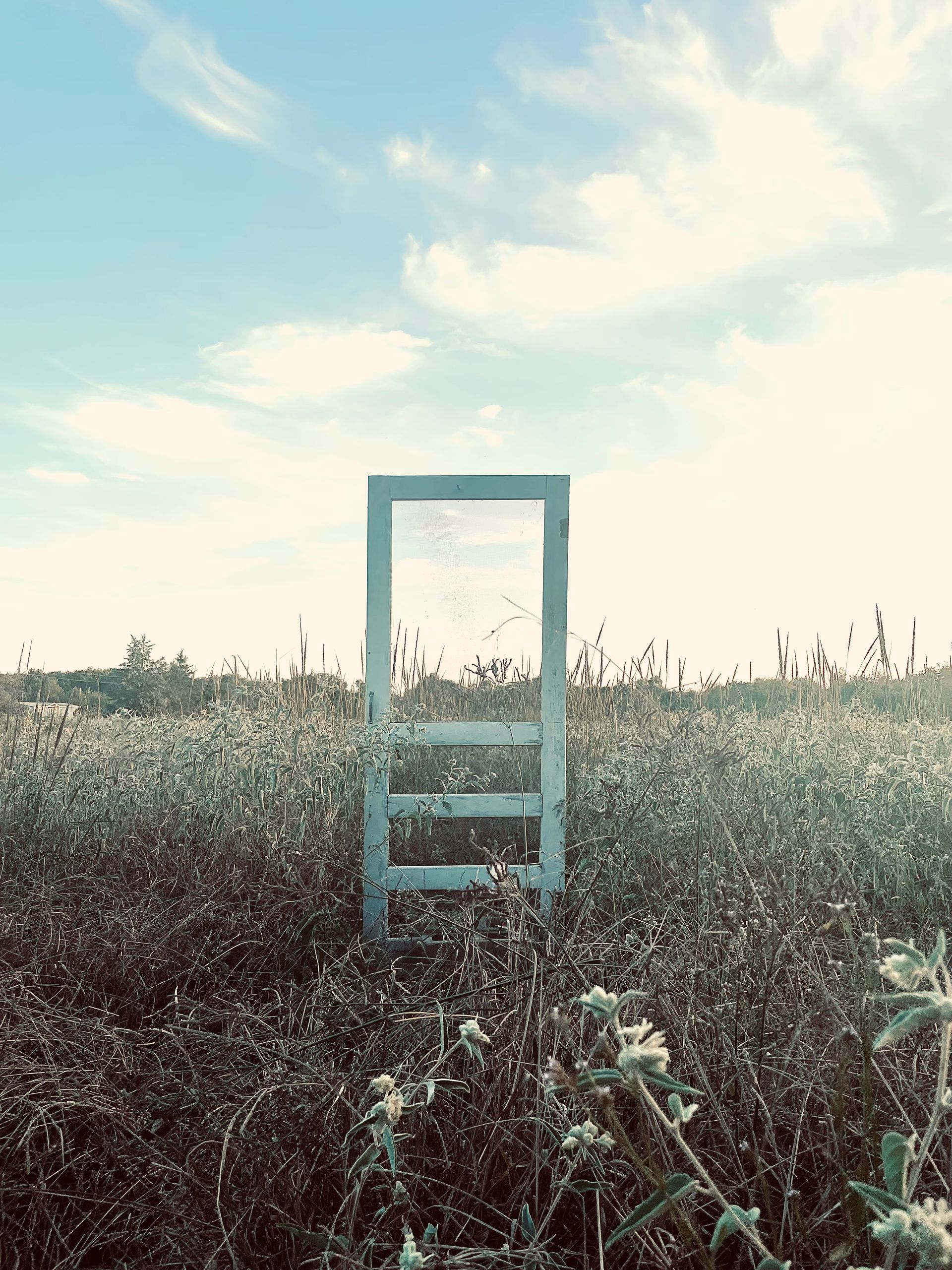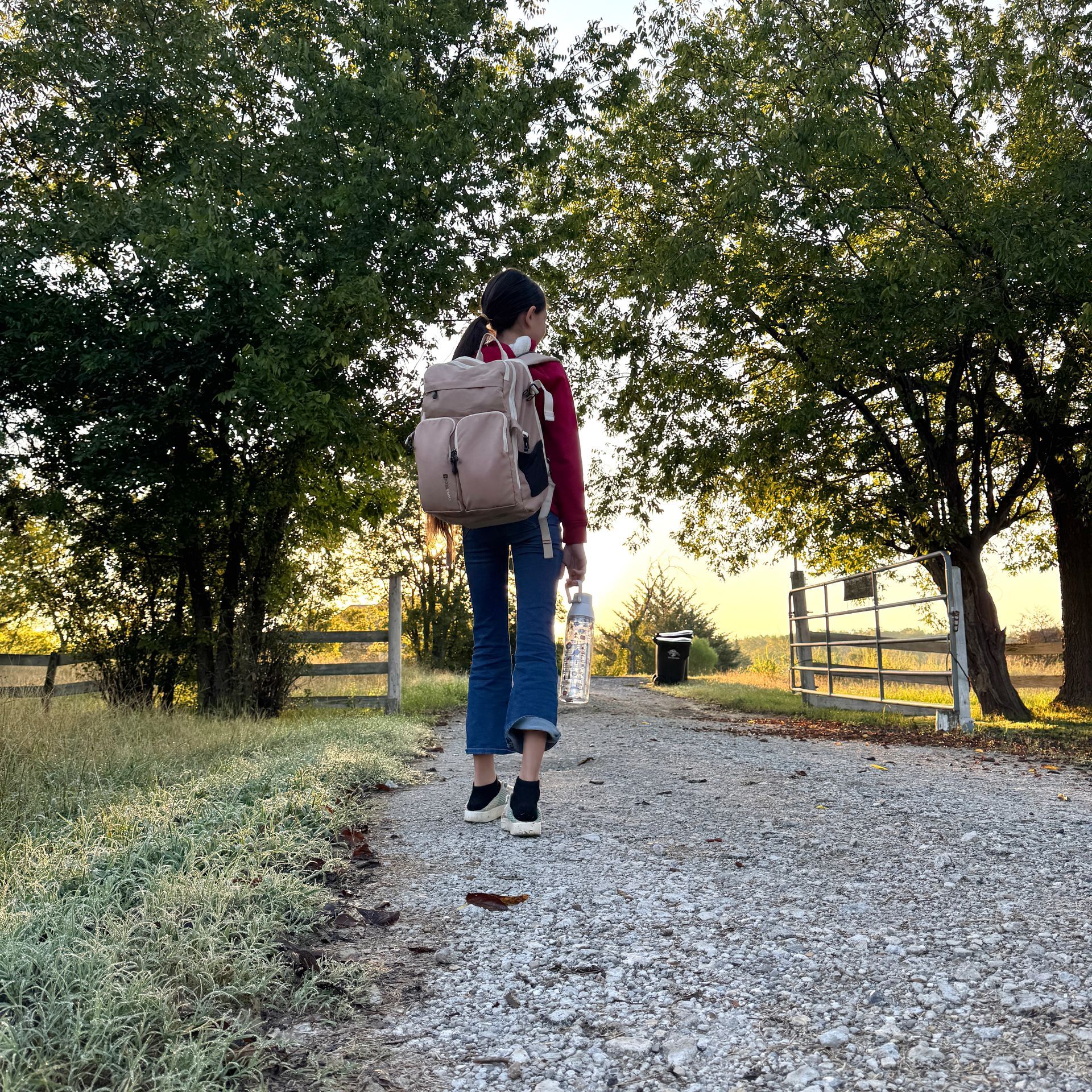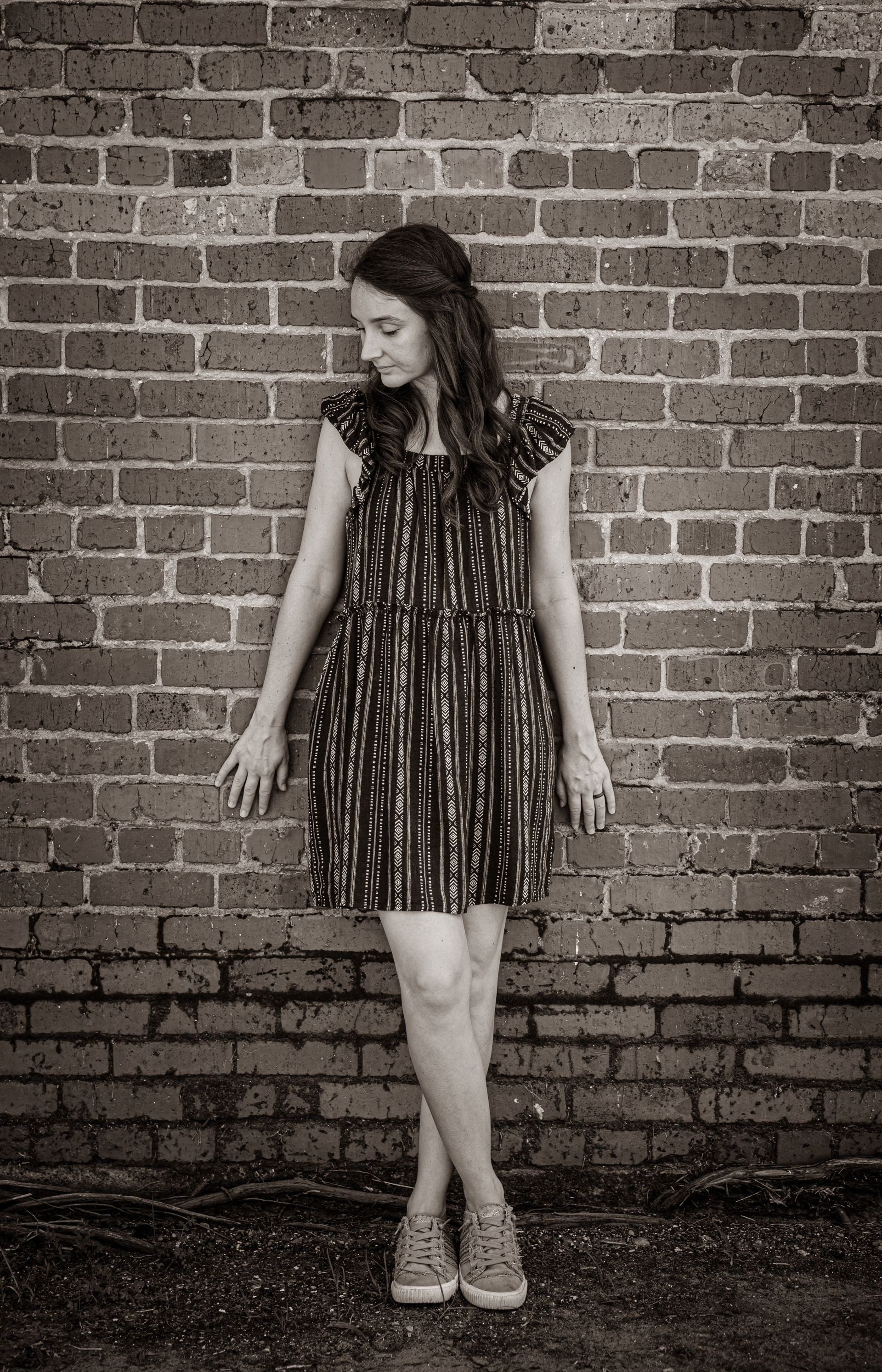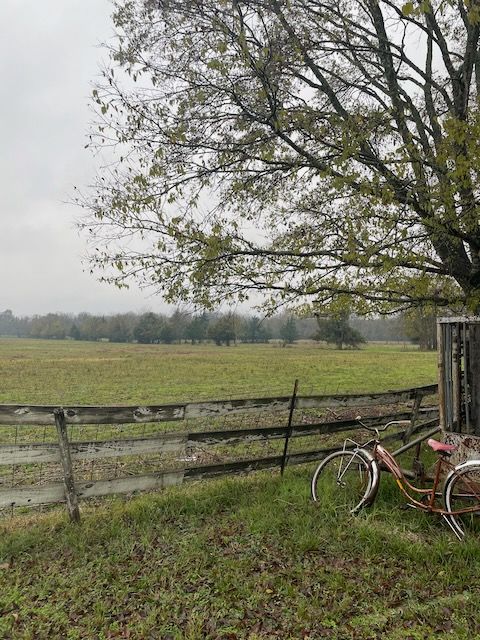When Anger Feels Scary
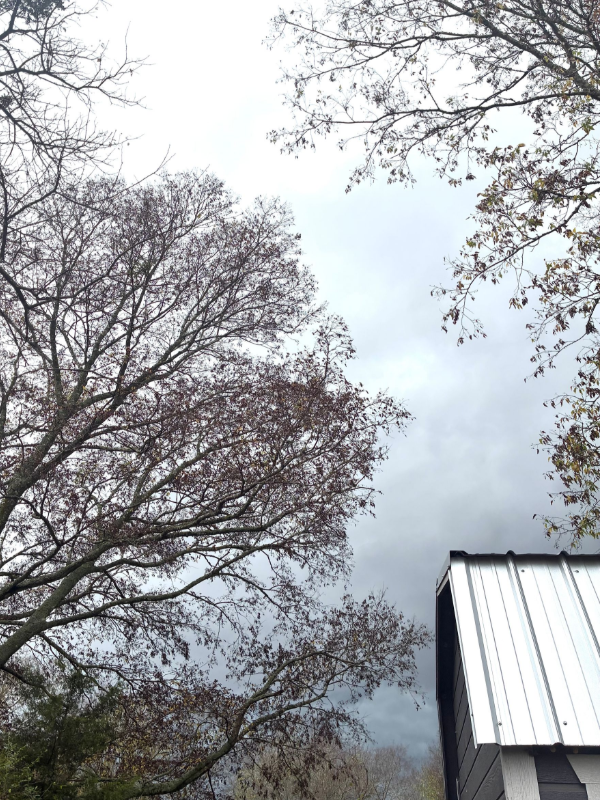
Do many people have a specific emotion they feel the most awkward with?
Mine is anger.
In some ways, I’d rather meet any other feeling.
When my worst memories play across my mind, anger appears as the villain, the direct enemy of love. Whether the anger is from others, or from me, the narrative says that anger destroys. It equates with shame and loss. The rise of this emotion can begin to feel like a threat. Don’t let your anger out, or else.
There’s validity to my concerns. Out-of-control anger can hurt people deeply. It can damage and destroy and tear down connections we don’t actually want to tear down.
The idea of anger makes me angry. Anger can cause typhoons of damage and sometimes I want to scream about it to the world.
Sometimes when I start to feel angry, shame creeps in for the fact that I feel angry at all. On the other hand, part of me knows anger has important roles to play somewhere. It can let us know when something isn’t right. There are times to listen. So, at times, I’ll start to share my anger with someone. Often, I feel clumsy—caught in a world that’s too shaky and uncertain.
Anger is a territory full of memories where abandonment happens, people are shamed and nothing is steady.
So when I showed up for counseling a couple weeks ago and Chris, my counselor, asked me to consider good things about anger, I didn’t love the topic.
But I know her question is valid.
In the first several years of marriage, I tried hard to be as low-need as possible. I wanted to be a selfless wife, but I often thought that meant not having needs. The more I contained my needs, the more I felt disconnected from Nano. Anger would find ways to come out of me—it just didn’t look like anger and it always came out sideways.
Now, Nano has seen more of my anger than anyone else combined. The more I search for healthier ways to listen to my anger and express my need—and the more we work through those moments—the more I feel connected to him. Marriage is the biggest place where I’ve seen good things come from learning to work with my anger.
I’ve also seen hard things come when anger is ignored.
How many of us know what it feels like to have a friend avoid us? Then, a long while later sometimes the truth comes out and we find out why. At times, I’ve longed to see a friends’ anger, because I wanted to know that our friendship mattered.
In those situations, I’ve felt heartbroken by the silence. The unspoken needs.
My own struggles with anger help me understand this better.
Often, when I feel anger, something about that feeling is helping me know about a need that I may be struggling to recognize.
That’s when fear strikes. I remember the times when I’ve tried to assert myself and lost control. I remember too, the times when my assertion was not received well, connections were damaged, and it felt difficult to know if it was worth it or not.
The fear that I feel from those memories is real. Yet, when fear scares me away from navigating my anger, I get stuck in a place where I’m not moving forward.
Sometimes we’ve had little experience with seeing positive things come when we assert ourselves. Understandably, this can make us feel cautious about being assertive at all.
At times, taking a risk to be assertive in the healthiest way I can find takes all of the emotional energy I can muster. Don’t we all have a point at which the need for assertiveness in a situation drains too much energy and goes beyond what we can manage? Maybe we all have a different level of capacity for that.
I have a greater capacity for assertiveness than I used to, though I have lots farther to grow. Often, the person on the other end of the situation is trying to grow their capacity for connection in their own way as well.
In some ways, my greatest need may be in learning to be assertive with myself—telling myself what I can do to care for the hurt I feel.
There is beauty in the desire to imagine what might be possible when the most unpracticed parts of me find ways to come alive.
Somewhere inside, anger wants something good. Peace. Dignity. Better ways to connect.
Anger longs to be seen for the goodness she’s after.
I want to hear the good things anger has to say—the anger in me, the anger in others.
In the movie, Because of Winn Dixie, there’s a nighttime scene where ten-year-old Opal and her father are searching for her missing dog, her best friend. When her dad says it’s time to return home, Opal lashes out at him, accusing him of giving up. In that moment, her deep-seated hurt overflows and she accuses him of giving up on her mother too—being the one at fault for the fact that her mother abandoned her.
Rather than lash back at her, her father hears the pain inside her anger. He recognizes her need for safety and connection and he responds in love.
That scene always draws my longing and stirs my questions.
It leaves me searching to know what I feel invited toward. Don’t we all want to know that we can be seen in our wild anger and still be held in love?
But mostly, when we rashly spill anger on people, it leads to less connection, not more. It hurts others, and it hurts us too. So I don’t think it’s correct to name this as what I want to do.
It’s been more than two years since the last time I watched that movie with my kids. I still remember how I couldn’t place my finger on what that scene made me yearn for.
While Chris spoke with me the other day, she didn’t say anything about that movie, but she brought me to that same place. The same set of questions. She gave the invitation.
Feel your anger in the safety of the One whose love is strong enough for all of it.
Let yourself be seen by your heavenly Father in your rage. He never fails to see the good longings within your anger and to wrap you in His love.
I know what the scene in Winn-Dixie made me want—a place where my anger can co-exist with love.
When anger and love find ways to join hands, miracles happen and love is multiplied.
May imagination open wide to the good things that can come when we feel our deep anger in the presence of Love.
When I remember I am safe to navigate anger, the security of love can guide me in what’s needed.

